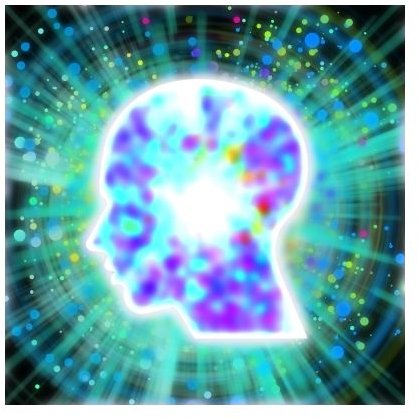Depression and ADHD in Adults: An Overview of the Relationship
The National Comorbidity Survey conducted between 1990 and 1992, the first large scale field survey of mental health in the United States established a link between adult depression and ADHD. This survey revealed that 9.4 percent of adults who experience major depressive disorder (MDD) have ADHD, and conversely, 18.6 percent of adults with ADHD experience depression.This research established the existence of a relationship between ADHD and major depressive disorder, but did not establish any effect of ADHD on the length, severity, or response of the depression.
Causative Factors
Adults with ADHD suffer from either primary depression caused by chemical imbalance in the person’s brain, or brought about by spontaneous genetic factors, or reactive depression, brought about by external stressors such as unpleasant events, stress at the workplace, financial worries, marital discord, chronic illness, and other such situations. Primary depression is a natural cause whereas reactive depression stems from the frustrations and feelings of incompetence that follow poor management or inadequate treatment of ADHD. About 25 percent of all people suffering from ADHD receive inadequate treatment or coping mechanisms, and remain susceptible to secondary depression.
Conversely, children of adults suffering from recurrent depression have a greater likelihood of acquiring ADHD along with major depressive disorder, suggesting a possible genetic link in the relationship between ADHD and depression.
Symptoms
The symptoms of depression and ADHD often overlap. Both multiple depressive disorder and ADHD induce mood swings, irritability, restlessness, forgetfulness, procrastination, inability to focus, and lack of motivation.
ADHD causes transient dark moods linked to specific setbacks. Depression also causes dark moods, but depression induced dark moods tend to linger on for weeks, and do not need any specific cause or setback to trigger them. ADHD induced dark moods start to manifest from childhood whereas depression induced dark moods sets in during adolescence or later.
People with ADHD procrastinate and are not motivated, as they remain unable to make up their mind about what to do first. People suffering from depression also procrastinate and remain de-motivated, but their procrastination is due to lethargy or laziness brought about by depression.
Treatment Options
The treatment of ADHD and depression very often overlap, but simultaneous treatment is rare. The best approach is to treat the condition that causes greater impairment first.
Medications for ADHD and depression include desipramine, norepinephrine reuptake inhibitors (NRIs) such as bupropion and atomoxetine, and many serotonin-norepinephrine reuptake inhibitor (SNRIs) antidepressants. Preliminary tests suggest that some medications effective in treating depression also work for ADHD.
Another approach to treating depression and ADHD in adults is with cognitive-behavioral therapy (CBT) and interpersonal therapy. CBT is an established treatment option for depression, and used as an adjunct to medication in the treatment for ADHD. Lifestyle changes, such as keeping an active lifestyle, indulging in exercises, and meditation can provide relief to both these conditions.
Disclaimer
This article is for informational purposes only and does not intend to replace sound medical advice. Please consult your doctor or a mental health professional before acting on the advice or recommendations contained in this article.
Reference
- Medscape Education. “Depression and ADHD: What You Need to Know: ADHD and Depression.” Retrieved from https://www.medscape.org/viewarticle/549018_2 on 22 January 2011.
- Attitude Magazine. “Is It Depression or ADHD?” Retrieved from https://www.additudemag.com/adhd/article/748.html on 22 January 2011.
- The prevalence and correlates of adult ADHD in the United States: results from the National Comorbidity Survey Replication.
Am J Psychiatry. 2006; 163(4):716-23. (ISSN: 0002-953X). Retrieved from https://www.medscape.com/medline/abstract/16585449
Image Credit: freedigitalphotos.net/Salvatore Vuono
